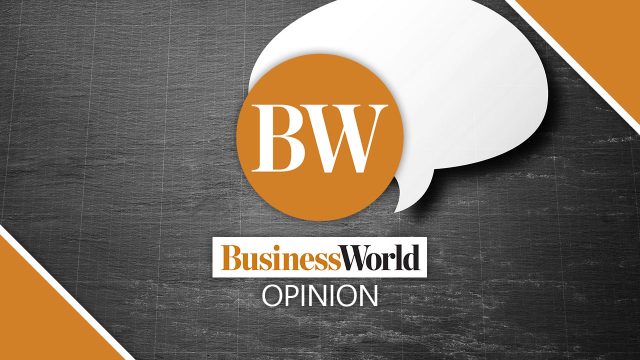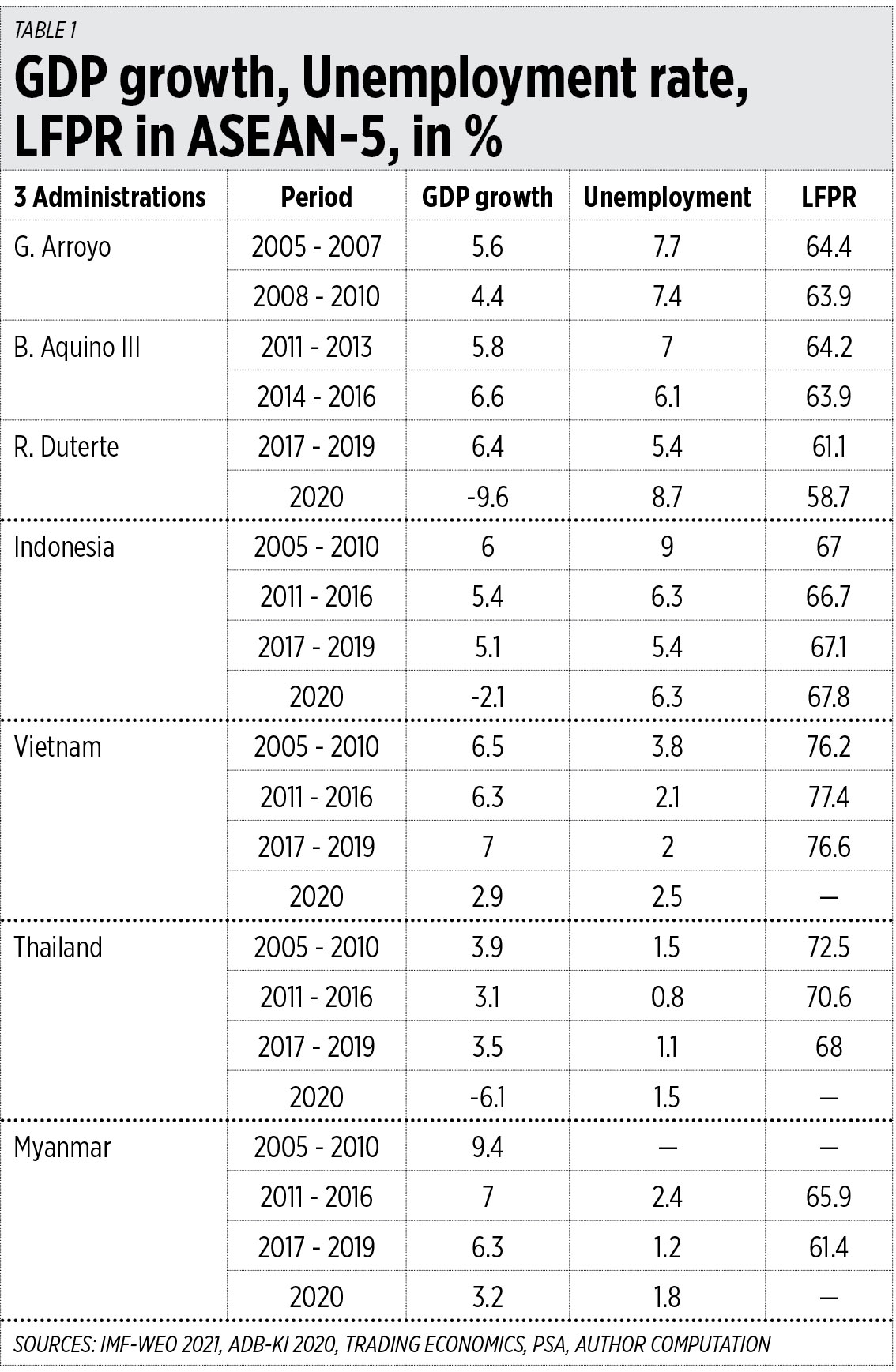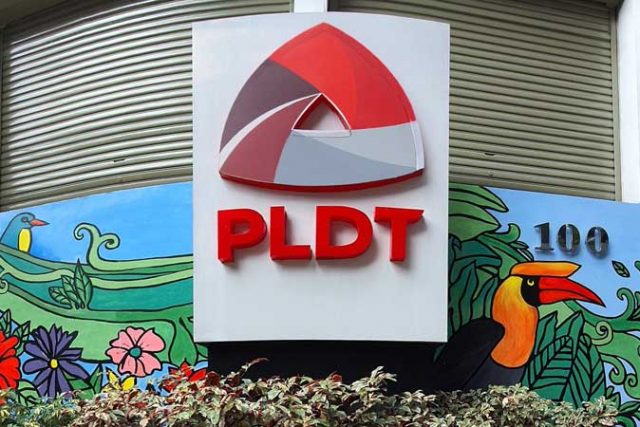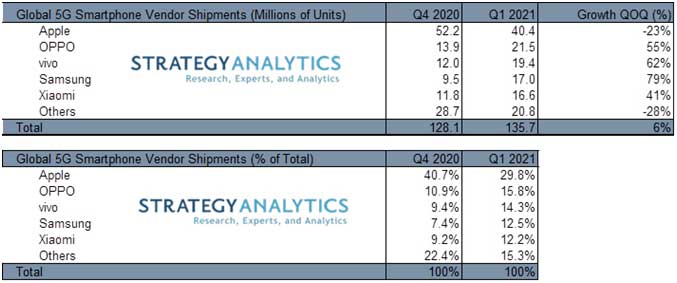One of the significant corporate governance (CG) reforms introduced under the Revised Corporation Code of the Philippines (RCCP) was the formally institution of the “fiduciary duty to maintain records and to report on significant corporate information.” Section 161 of the RCCP, under the title “Violation of Duty to Maintain Records, to Allow Their Inspection and Reproduction,” expressly subjects to a specified range of criminal fines, “The unjustified failure or refusal by the corporation, or by those responsible for keeping and maintaining corporate records, to comply with” the following sections, thus:
(a) SECTION 45: Bylaws shall be signed by the stockholders or members voting for them and shall be kept in the principal office of the corporation, subject to the inspection of the stockholders or members during office hours.
(b) SECTION 73: Every corporation shall keep and carefully preserve at its principal office all information relating to the corporation including, but not limited to:
(1) Articles of incorporation and bylaws and all their amendments;
(2) Current ownership structure and voting rights of the corporation, including lists of shareholders or members, group structures, intra-group relations, ownership data, and beneficial ownership;
(3) Names and addresses of all the members of the Board of Directors and the Executive Officers;
(4) Record of the resolutions of the Board of Directors and of the shareholders or members;
(5) Record of all business transactions;
(6) Copies of the latest reportorial requirements submitted to the SEC; and,
(7) Minutes of all meetings of shareholders or members, or of the Board of Directors, setting forth in detail, among others;
(i) Time and place of the meeting held;
(ii) How it was authorized, the notice given, the agenda therefor;
(iii) Whether the meeting was regular or special, its object if special;
(iv) Those present and absent, and every act done or ordered done at the meeting;
(v) The following must be noted in the minutes upon the demand of a director or trustee, shareholder or member:
• Time when any director or trustee, shareholder or member entered or left the meeting;
• The yeas and nays on any motion or proposition, and a record thereof carefully made; or,
• The protest of a director or trustee, shareholder or member on any action or proposed action.
(vi) Stock and Transfer Book (STB) containing:
• Record of all stocks in the names of the shareholders alphabetically arranged;
• The installments paid and unpaid on all stocks for which subscription has been made, and the date of payment of any installment;
• A statement of every alienation, sale or transfer of stock made, the date thereof, by and to whom made; and,
• Such other entries as the bylaws may prescribe.
The STB, which shall be kept in the principal office or in the office of the stock transfer agent, shall be open for inspection by any director or shareholder at reasonable hours on business days.
(c) SECTION 92: Non-stock corporation shall, at all times, keep a list of its members and their proxies in the form the SEC may require, which shall be updated to reflect the members and proxies of record 20 days prior to any scheduled election;
(d) SECTION 128: For One-Person Corporation, when action is needed of any matter, it shall be sufficient to prepare a written resolution, signed and dated by the Single Stockholder, and recorded in the Minutes Book.
(e) SECTION 177: Every corporation, domestic or foreign, doing business in the Philippines, shall submit to the SEC: (a) Annual Audited Financial Statements certified under oath by the Treasurer or Chief Financial Officer; and (b) the General Information Sheet (GIS);
Corporations Vested with Public Interests Must Submit in Addition:
(1) A compensation report for each of the directors or trustees; and,
(2) An appraisal or performance report for each director or trustee, and the standards or criteria used to assess each director or trustee.
(f) “Other pertinent rules and provisions of this code on inspection and reproduction of records,” into which may fall the following:
(1) SECTION 58: Providing that voting trust agreement filed with the corporation shall be subject to examination by any shareholder in the same manner as other corporate book or record;
(2) SECTION 74: Provides that —
(i) A corporation shall furnish a shareholder or member, within 10 days from receipt of their written request, its most recent financial statement, in the form and substance of the financial reporting required by the SEC;
(ii) At the regular meeting of shareholders or members, the Board of Directors shall present a financial report of the operations of the corporation for the preceding year, which shall include financial statements duly signed and certified in accordance with the RCCP and the rules prescribed by SEC.
Under the old Corporation Code, only a denial of the right of inspection and/or reproduction of corporate records was subjected to criminal penalty. The RCCP not only retains the separate criminal penalty for violation of the right of inspection and/or reproduction, but has provided under Section 161 for a criminal penalty for the foregoing violations of the “duty to maintain records and to allow their inspection or reproduction.”
Under Section 73 of the RCCP, any officer or agent of the corporation who shall refuse to allow the inspection and/or reproduction of corporate records shall be liable under Section 161; provided, that if such refusal is made pursuant to a resolution or order of the Board of Directors, the liability shall be imposed upon the directors or trustees who voted for such refusal. Section 73 also provides that “If the corporation denies or does not act on a demand for inspection and/or reproduction, the aggrieved party may report such denial or inaction to the [SEC]. Within five days from receipt of such report, the [SEC] shall conduct a summary investigation and issue an order directing the inspection or reproduction of the requested records.”
Falling within the “Duty to Report” are the following provisions of the RCCP:
(a) Section 25: Provides that —
(1) Within 30 days after the election of the directors or trustees and officers, the Corporate Secretary, or any other officer, shall submit to the SEC, the names, nationalities, shareholdings, and residence addresses of directors or trustees and officers elected;
(2) Within 30 days from the date of the schedule election, shall be reported to the SEC, which report shall specific a new date for the election, which shall not be later than 60 days from the schedule date; and,
(3) Within seven days from knowledge thereof, a report in writing shall be made to the SEC of the death, resignation or in any manner ceasing to hold office of a director or trustee or officer.
(b) SECTION 28: The corporation must notify the SEC within three days from the creation of an Emergency Board, stating therein the reason for its creation;
(c) SECTION 29: Providing that corporation vested with public interest shall submit to their shareholders and the SEC, an annual report of the total compensation of each of their directors or trustees.
(d) SECTION 49: Providing that at each regular meeting of shareholders or members, the Board of Directors shall endeavor to present the following:
(1) The minutes of the most recent regular meeting which shall include, among others:
(i) A description of the voting and vote tabulation procedures used in the previous meeting;
(ii) A description of the opportunity given to shareholders or members to ask questions and a record of the questions asked and answers given;
(iii) The matters discussed and resolutions reached;
(iv) A record of the voting results for each agenda item;
(v) A list of the directors or trustees, officers and shareholders or members who attended the meeting; and,
(vi) Such other items that the Commission may require in the interest of good corporate governance and the protection of minority shareholders;
(2) A members’ list for nonstock corporations and, for stock corporations, material information on the current shareholders, and their voting rights;
(3) A detailed, descriptive, balanced and comprehensible assessment of the corporation’s performance, which shall include information on any material change in the corporation’s business, strategy, and other affairs;
(4) A financial report for the preceding year, which shall include financial statements duly signed and certified in accordance with this Code and the rules the Commission may prescribe, a statement on the adequacy of the corporation’s internal controls or risk management systems, and a statement of all external audit and non-audit fees;
(5) An explanation of the dividend policy, the fact of payment of dividends or reasons for nonpayment;
(6) Director or trustee profiles which shall include, among others, their qualifications and relevant experience, length of service in the corporation, trainings and continuing education attended, and their board representations in other corporations;
(7) A director or trustee attendance report, indicating the attendance of each director or trustee at each of the meetings of the board and its committees and in regular or special shareholder meetings;
(8) Appraisals and performance reports for the board and the criteria and procedure for assessment;
(9) A director or trustee compensation report prepared in accordance with this Code and the rules of the Commission may prescribe;
(10) Director disclosures on self-dealings and related party transactions; and/or
(11) The profiles of directors nominated or seeking election or reelection.
It must be noted that there is no specific provision under the RCCP that specifically imposes criminal penalties for violation of the “duty to report” under Sections 25, 29 and 49. The issue therefore that most confront directors or trustees and reporting officers is whether they can be punished under the general sanction clause of Section 170 of the RCCP. It should also be noted that nothing prevents the SEC from adopting the reportorial provisions of Sections 25, 29, and 49 and imposing administrative sanctions under Section 158 of the RCCP.
This article reflects the personal opinion of the author and does not reflect the official stand of the Management Association of the Philippines or the MAP.
Attorney Cesar L. Villanueva is Chair of MAP Corporate Governance Committee, trustee of the Institute of Corporate Directors, former Chair of Governance Commission for GOCCs (August 2011 to June 2016), Dean of the Ateneo Law School (April 2004 to September 2011), author of the book The Law and Practice in Philippine Corporate Governance and the National Book Board Award-winning Profession, and founding partner of the Villanueva Gabionza & Dy Law Offices.
map@map.org.ph
cvillanueva@vgslaw.com
http://map.org.ph















